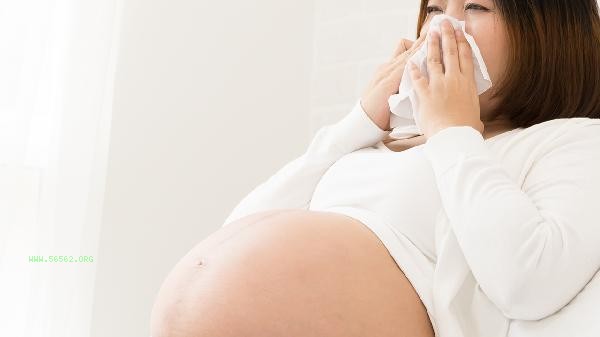Pregnant women should choose between fish oil DHA or algal oil DHA based on their own situation. Fish oil DHA is suitable for pregnant women with a balanced diet and no seafood allergies, while algal oil DHA is more suitable for vegetarians or pregnant women with fish allergies.

Fish oil DHA is extracted from deep-sea fish and contains two components: EPA and DHA. EPA helps regulate blood lipids, while DHA is crucial for fetal brain and visual development. The absorption rate of DHA in fish oil is relatively high, making it suitable for pregnant women who have insufficient intake of fish in their diet. Some fish oils may contain trace amounts of heavy metals, and choosing high-purity fish oils can reduce the risk. DHA, extracted directly from marine microalgae, does not contain EPA and is suitable for pregnant women who are concerned about fish pollution or allergies to fish. Algae oil DHA has high purity and a more environmentally friendly production process, making it suitable for vegetarians or pregnant women who value sustainability. The fishy smell of algal oil DHA is lighter, making it more suitable for pregnant women who are sensitive to taste.

Fish oil DHA may have uneven quality due to different sources of fish, and some products may contain pollutants. EPA in fish oil may interfere with the coagulation function of some pregnant women and should be used under the guidance of a doctor. The production cost of algal oil DHA is relatively high, and its price is usually higher than that of fish oil DHA. The stability of algal oil DHA is poor, and attention should be paid to storage conditions to avoid oxidation. Some algal oil DHA products may contain other ingredients, please read the label carefully. Pregnant women should choose DHA supplementation based on their own dietary structure and health status. It is recommended to prioritize DHA intake through food, such as consuming deep-sea fish two to three times a week. If choosing supplements, attention should be paid to product purity and safety, and excessive intake should be avoided. Nutritional supplementation during pregnancy should be carried out under the guidance of a doctor or nutritionist to ensure the health of both mother and baby. In daily diet, foods rich in linolenic acid, such as walnuts and flaxseed, can be paired to help the body synthesize DHA. Maintaining a balanced diet and regular sleep schedule is beneficial for the healthy development of the fetus.









Comments (0)
Leave a Comment
No comments yet
Be the first to share your thoughts!